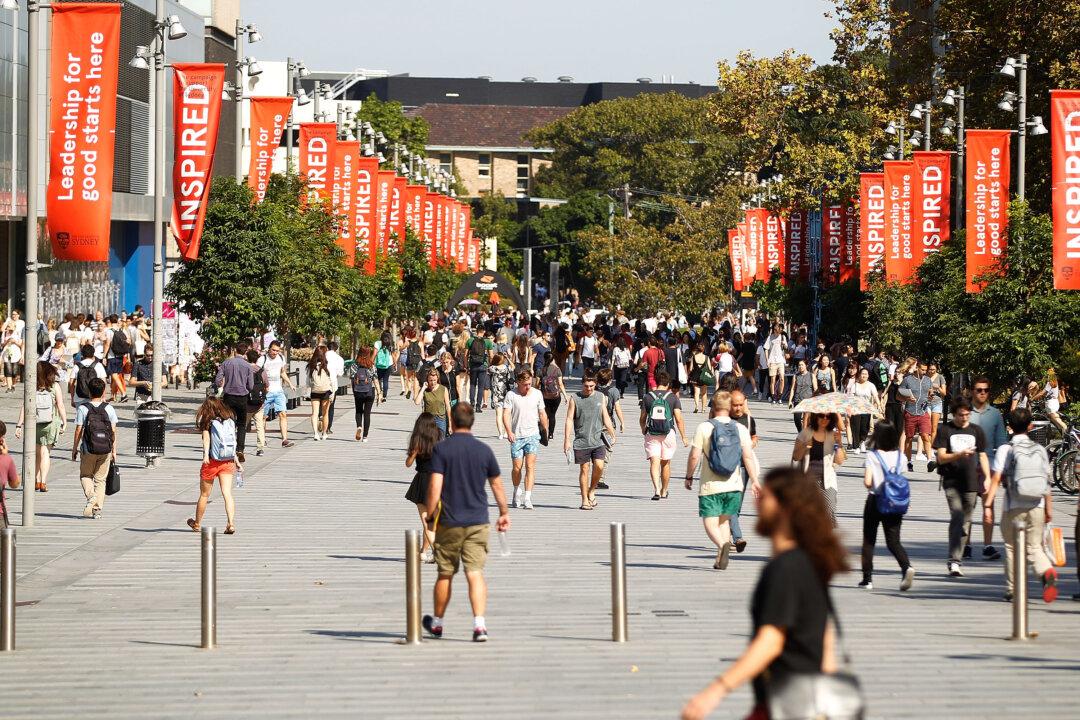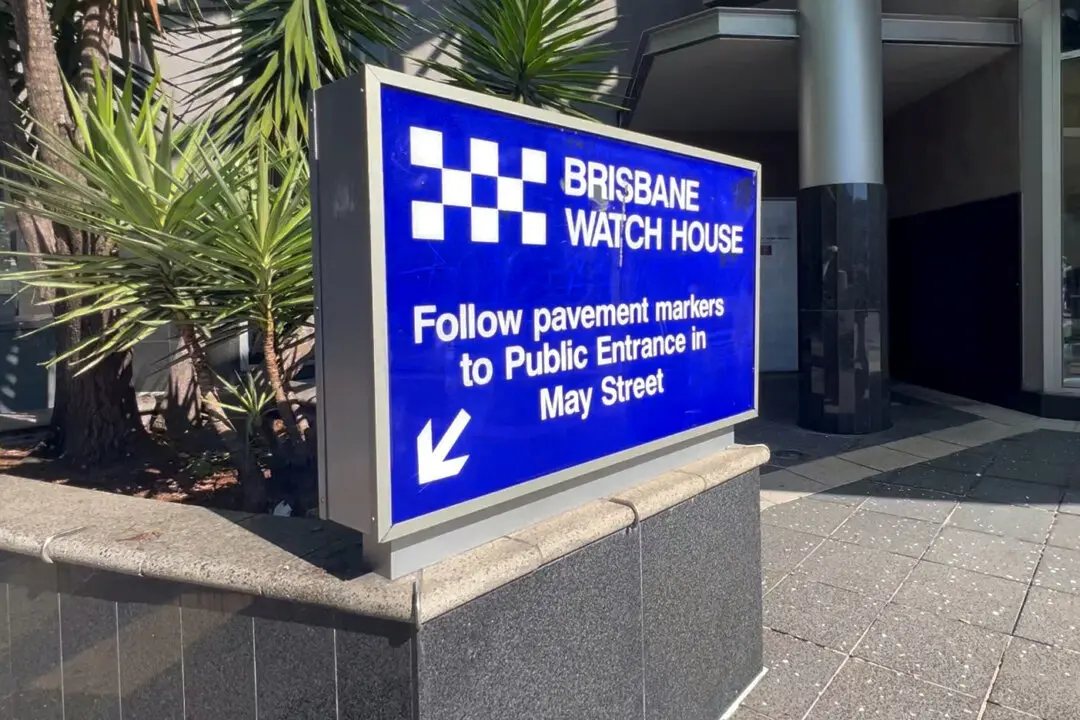The education minister will have new powers to curb foreign student numbers at Australian universities from next week, in a move put forward by the Albanese Labor government to help stabilise foreign migration numbers, and cut back on “shonky” providers.
The legislation will allow the minister to set an allocation for the maximum number of new international student enrolments education providers can offer.





